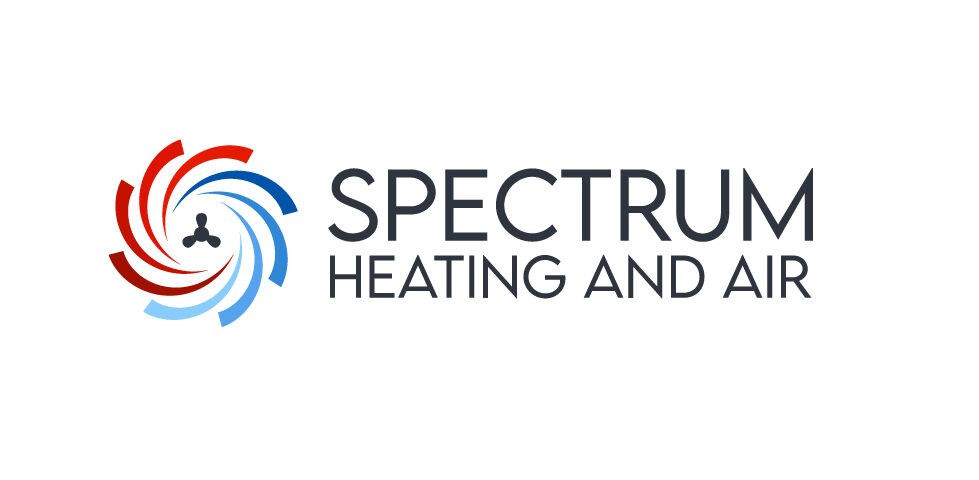HVAC (Heating, Ventilation, and Air Conditioning) systems are essential for maintaining a comfortable and healthy indoor environment. From keeping us warm in winter to providing cool air during scorching summers, HVAC systems play a crucial role in our daily lives. However, one common concern that homeowners and business owners often raise is the high cost associated with HVAC work. In this article, we will delve into various factors that contribute to the expense of HVAC services, shedding light on why this vital service comes with a considerable price tag.

Understanding HVAC Systems
HVAC Components
An HVAC system is a complex integration of various components, including furnaces, air conditioners, heat pumps, ductwork, ventilation fans, and thermostats. The cost of each component and the seamless functioning of these parts contribute to the overall expense of HVAC work.
Complex Installation Process
Installing an HVAC system is not a simple plug-and-play task. It requires careful planning, precise calculations, and skilled labor to ensure proper installation. The complexity of the installation process significantly impacts the overall cost.
Advanced Technology and Equipment
Modern HVAC systems incorporate advanced technology and energy-efficient equipment, which enhances performance and reduces energy consumption. However, the incorporation of such cutting-edge features increases the upfront cost of the system.
Skilled Labor and Expertise
Specialized Training and Certification
HVAC technicians undergo specialized training and certification to handle intricate HVAC systems. Their expertise and knowledge come at a premium, contributing to the higher cost of HVAC services.
Continuous Education and Industry Updates
To keep up with the rapidly evolving HVAC industry, technicians need to undergo continuous education and training. The costs incurred in staying updated with the latest trends are reflected in the service charges.
Licensing and Insurance Costs
Licensed HVAC companies carry insurance to protect their clients and employees. These insurance costs, along with licensing fees, add to the overall expenses.
High-Quality Materials and Equipment
Energy-Efficient Systems
Investing in energy-efficient HVAC systems might be costly upfront, but they save money in the long run through reduced energy bills. The higher initial cost is justified by long-term savings.
Durability and Longevity
Quality materials and equipment ensure the longevity of the HVAC system, reducing the need for frequent repairs or replacements. This aspect justifies the initial investment.
Environmental Impact
Environmentally-friendly HVAC systems, such as those with low refrigerant emissions, have higher upfront costs due to the technology used.
Compliance with Regulations and Codes
Building Codes and Safety Standards
HVAC installations must adhere to strict building codes and safety standards, which might require additional investments to meet the compliance requirements.
Environmental Regulations
HVAC systems must comply with environmental regulations, and meeting these standards may involve using specific materials or components, contributing to the overall expense.
Customization and Unique Requirements
HVAC systems often need to be customized to fit the unique requirements of each building. Tailoring the system to specific needs adds to the overall cost.
Market Demand and Supply
Seasonal Fluctuations
The demand for HVAC services often peaks during extreme weather conditions, leading to higher prices during peak seasons.
Industry Competition
The level of competition in the HVAC industry can impact pricing. Companies with strong reputations and expertise may charge higher rates.
Additional Services and Maintenance
Routine Inspections and Tune-Ups
Regular maintenance and service, including inspections and tune-ups, are crucial for the longevity and efficiency of HVAC systems. These additional services come with costs.
Warranty and After-Sales Support
Reputable HVAC companies provide warranties and after-sales support, ensuring customer satisfaction. These added benefits are factored into the overall expenses.
Geographic Location and Accessibility
Local Labor Rates and Costs of Living
HVAC service costs can vary based on the local labor rates and the cost of living in a particular area.
Urban vs. Rural Areas
Urban areas might have more HVAC service providers, leading to competitive pricing. In rural areas, limited options could result in higher costs.
Economic Factors and Inflation
Material Costs
Fluctuations in material costs, driven by economic factors and inflation, can impact the overall expenses of HVAC work.
Labor Market Conditions
The availability of skilled HVAC technicians and the demand for their services can influence pricing.
Impact of Energy Prices
Changes in energy prices can affect the cost of running HVAC systems, which might be passed on to the customers.
Reputation and Branding
HVAC companies with strong reputations and recognizable brands might charge higher rates due to their credibility.
Hidden Costs and Transparency
Some HVAC companies may include hidden costs in their service quotes, making transparency an essential factor for customers to consider.
Alternative Solutions and Budget Options
Customers looking for more budget-friendly options may find alternative HVAC solutions with lower upfront costs.
In conclusion, several factors contribute to the relatively high cost of HVAC work. From the complexity of HVAC systems and the need for skilled labor to compliance with regulations and market dynamics, each element plays a role in determining the price. It is essential for customers to consider the long-term benefits, energy efficiency, and reputation of HVAC service providers when making their decisions.

